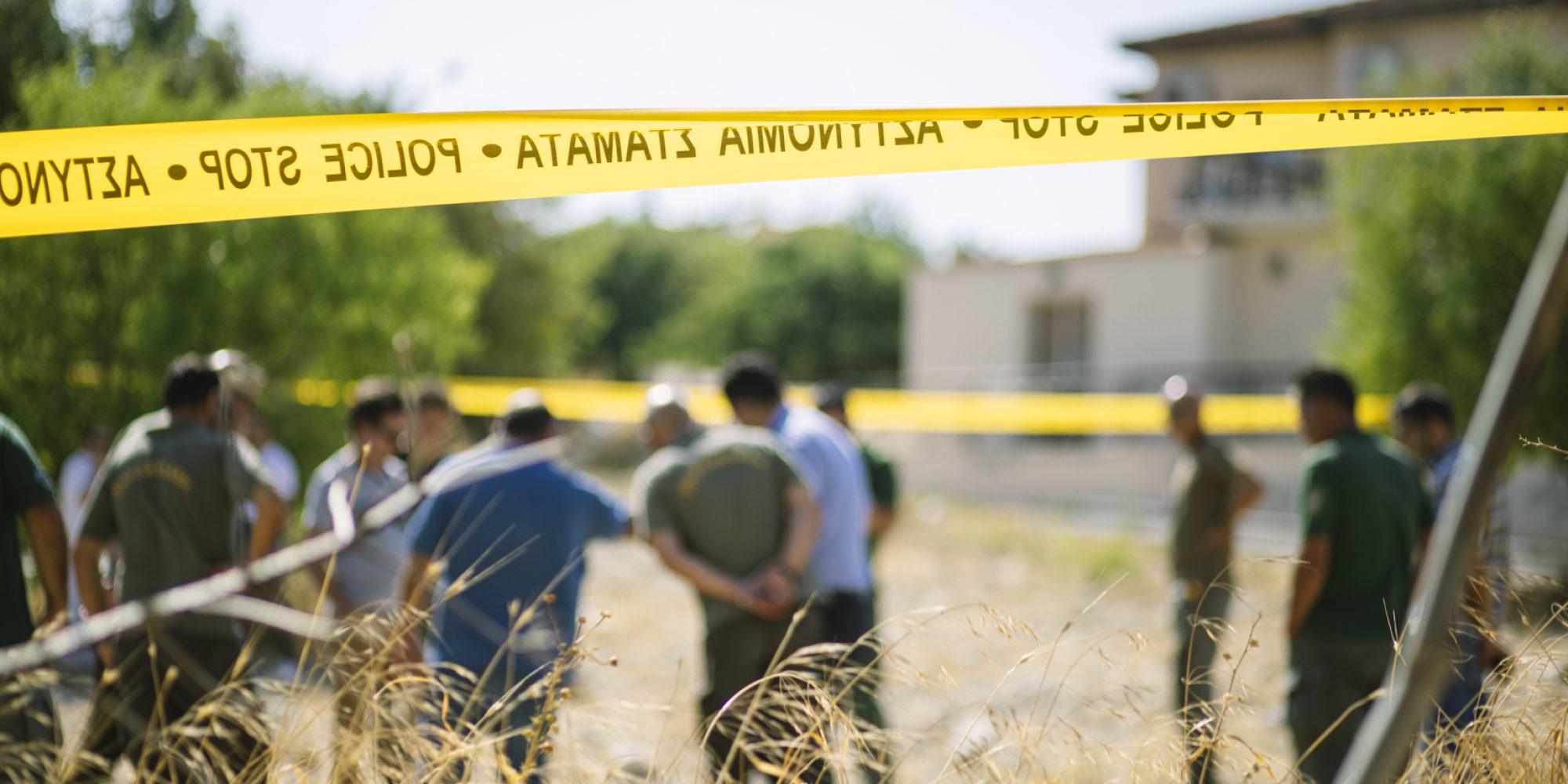Cypriot prosecuting authorities issued a record €21,000 fine for the killing of wild birds using poison baits, said conservationist group Birdlife Cyprus on Monday.
“It is the first time in Cyprus the crime of using poison baits and killing wild birds with the use of poison has been prosecuted.
“The fine represents a big step forward that will hopefully have a strong deterrent effect on similar illegal actions, which have a devastating impact on Cyprus wildlife,” said Birdlife in a statement.
Placing poison baits in the countryside is a wildlife crime that has driven iconic bird species like the Griffon Vulture to the brink of extinction in Cyprus.
Since 2005, 31 vultures have been poisoned, leaving Cyprus with a population of only nine, which is being restocked with birds coming from Spain as part of the LIFE with Vultures project.
The fine was issued for offences in December 2021, where three birds of prey, two rare Bonelli’s Eagles and one Long-legged Buzzard, were found dead near Dierona village in Limassol.
The birds’ precise location was identified through the signals of a GPS transmitter fitted on one of the eagles, which mobilised the Game and Fauna Service to investigate.
Evidence collected linked the mortality of the bird victims to a specific individual.
That individual was handed a fine for killing wild birds with poison and intentionally killing and/or capturing a protected wild bird.
The postmortem and related toxicological analyses on the birds showed that their death was caused by carbofuran, a highly toxic and banned substance.
The suspect was fined €21,000 under the provisions of the Protection and Management of Wild Birds and Game Law of 2003.
The suspect will be taken to court if the fine is not paid.
Under the law, the court can impose a prison sentence of up to 3 years or a fine of up to €20,000 or a combination of these for each offence.
The law foresees severe penalties for killing a threatened species, such as the Bonelli’s Eagle.
Results come when there is a targeted effort from several stakeholders to acquire capacity and knowledge on the forensic investigation of wildlife crimes through participation in the Wildlife Crime Academy, a learning platform using Spanish best practices, said Birdlife.
Melpo Apostolidou, BirdLife Cyprus’ Project Coordinator, said: “The culmination of everyone’s efforts marks a milestone and is a positive development in the intensive efforts being made by all involved to combat the use of poison baits in the countryside.”
She called for Cyprus to invest more to prevent wildlife poisoning.
“In 2019, in Spain, three people were sentenced to 2 years and eight months in prison and were ordered to pay €67,538 in compensation for the wildlife damage they caused.”
Birdlife Cyprus said all cases of poisoning must be thoroughly investigated to identify the suspects and prosecute them.
“The public is called to assist in this effort by reporting such wildlife crime incidents to the Game and Fauna Service’s Anti-poison Dog Units on 99267916 or 99255086 as well as the local police station.”










